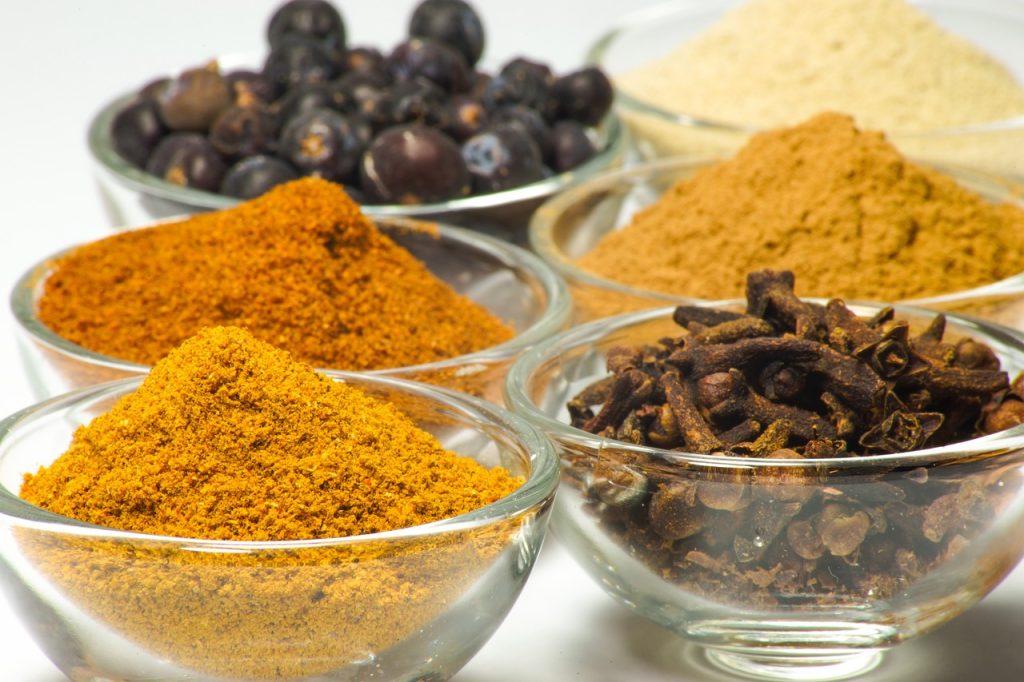In addition, through regular trade servicing, these local representatives report on local issues, trends, and opportunities for international buyers to connect with suppliers of U.S. agricultural and food products. Every month we share with you some of the top market insight from the trade servicing reports we receive in order to improve your international export efforts.
UNITED ARAB EMIRATES
Vertical farming and new aquaculture methods are evolving both agriculture and aquaculture in the region. Thanks to vertical farming methodology and light-assisted hydroponics systems, farmers in the UAE are growing both mass-consumed food crops and rare products. Gulf News reports that the Sharjah-based agricultural technology company, Veggitech, has harvested the world’s most expensive spice, saffron, also known as red gold. The company’s farm also boasts a fig plantation and grows produce such as tomatoes, chilies, and leaf vegetables. In addition to Veggitech, at least 75 farms in Abu Dhabi are shifting towards organic agriculture and are already growing tomatoes, cabbages, and cucumbers.
Aquaculture is also flourishing as seafood farmers in the UAE have adopted new aquaculture methods to grow and breed Atlantic salmon, oysters, sea bass, and sea breams for domestic consumption. Fish Farm in Dubai is currently producing 10,000-15,000 kg of salmon every month. This is an innovative time for agriculture and aquaculture in UAE.
UNITED KINGDOM
UK supermarkets Tesco, Morrisons and Marks & Spencer have introduced egg rationing due to shortages and rising prices. The Grocer (UK’s leading retail trade journal) reports that there have been 37 price increases applied to eggs by the supermarkets since November 12. The largest single rise recorded was a 20.1% increase on a 15-eggs pack. This upswing has caused tensions between eggs producers and retailers. While retailers and the media have claimed that the Avian Bird Flu is responsible for shortages and price hikes, egg producers explain that the spike in feed, energy, and fuel prices is also to blame.

